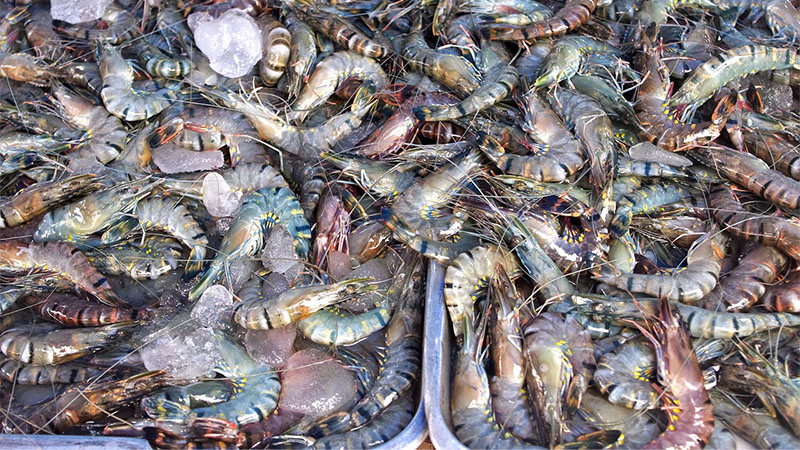Exclusive content

The United States government has officially removed Thai shrimp from its lists of products suspected of being produced through forced or child labor, according to Labour Minister Phiphat Ratchakitprakarn.
A Boost for Trade
The implications of this move are far-reaching. With Thai shrimp no longer under suspicion, the door is now open for improved trade relations between Thailand and the United States. For Thai businesses, this means greater access to the lucrative US market, particularly in the federal procurement space.
The United States Department of Labor (DOL) periodically updates its list of goods produced through child or forced labor across various countries. Thai shrimp had been under scrutiny since 2009, when the DOL first placed it on the Executive Orders List, a mechanism designed to prevent US federal agencies from purchasing goods made with forced or indentured child labor.
Federal contractors are required to certify that they have made a good-faith effort to ensure that the products they supply are not tainted by forced labor. This restriction on Thai shrimp limited access to certain segments of the US market, making the recent removal of shrimp from the list a major achievement for the industry.
Government and Industry Efforts
Behind the US decision lies a broader story of reform in Thailand’s labor practices. Phiphat credited both the public and private sectors with taking substantial steps to address concerns about labor abuses in the shrimp industry. A new assessment conducted by US officials found that Thailand had made significant progress in ensuring that forced and child labor practices were no longer prevalent in the sector.
According to Sopha Kiatniracha, chief of the Department of Labour Protection and Welfare, the government has been strictly enforcing labor laws to ensure compliance within the shrimp industry. Moreover, the department has been proactive in encouraging businesses throughout the supply chain to adopt standard labor practices. The collaboration between the government, the private sector, and non-governmental organizations (NGOs) played a pivotal role in driving these reforms.
Kiatniracha highlighted that the Department of Labour Protection and Welfare worked with 12 NGOs to prevent the abuse of migrant workers, a group historically vulnerable to exploitation in Thailand’s labor-intensive industries. This collaboration represents a comprehensive approach to tackling the root causes of labor abuse, ensuring that Thailand’s shrimp sector complies with international standards.
The Road Ahead
Thailand’s removal from the US labor watchlists is a significant development, but it also sets the stage for future scrutiny. Continued enforcement of labor laws and close monitoring of the industry will be crucial to maintaining the sector’s newfound status. Global markets, particularly those in the US, have become increasingly vigilant about labor practices in recent years, and any backsliding could result in the re-imposition of restrictions.